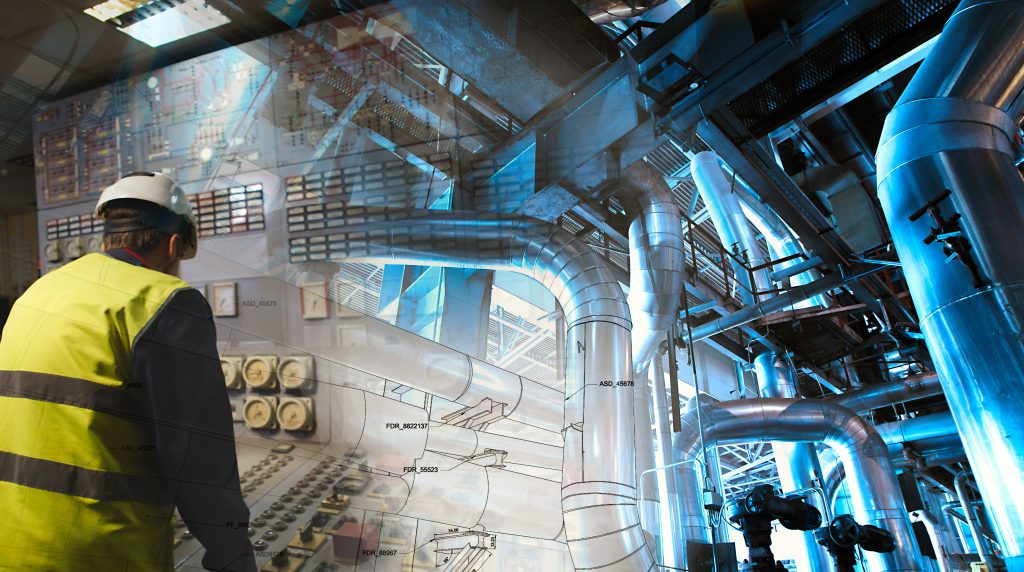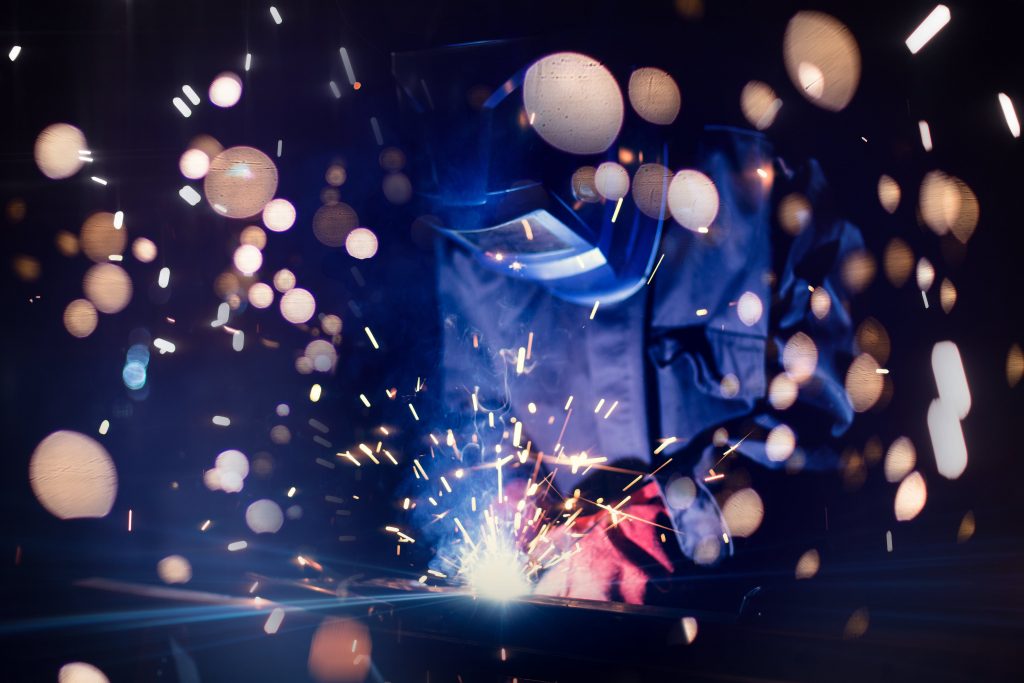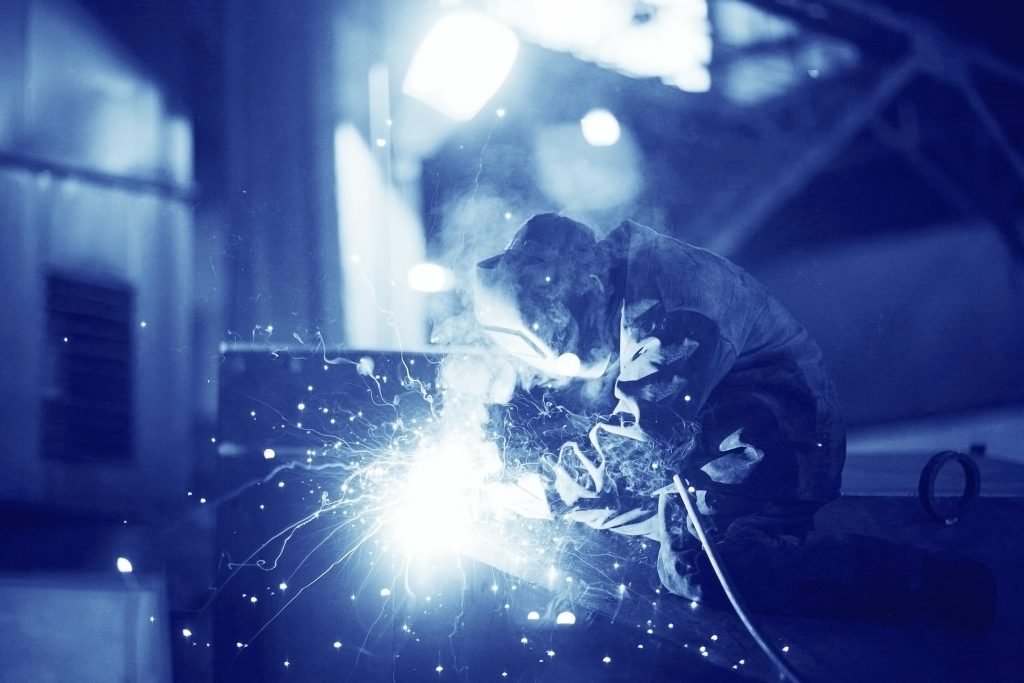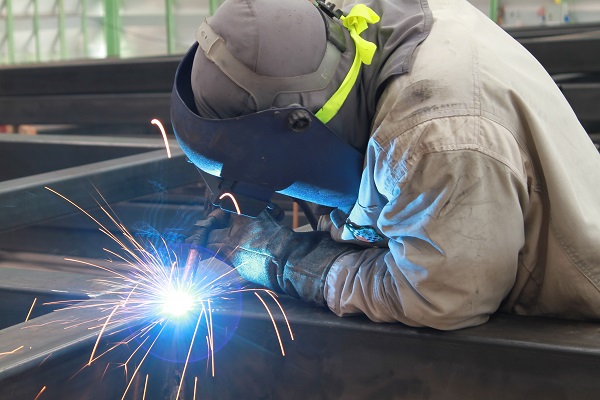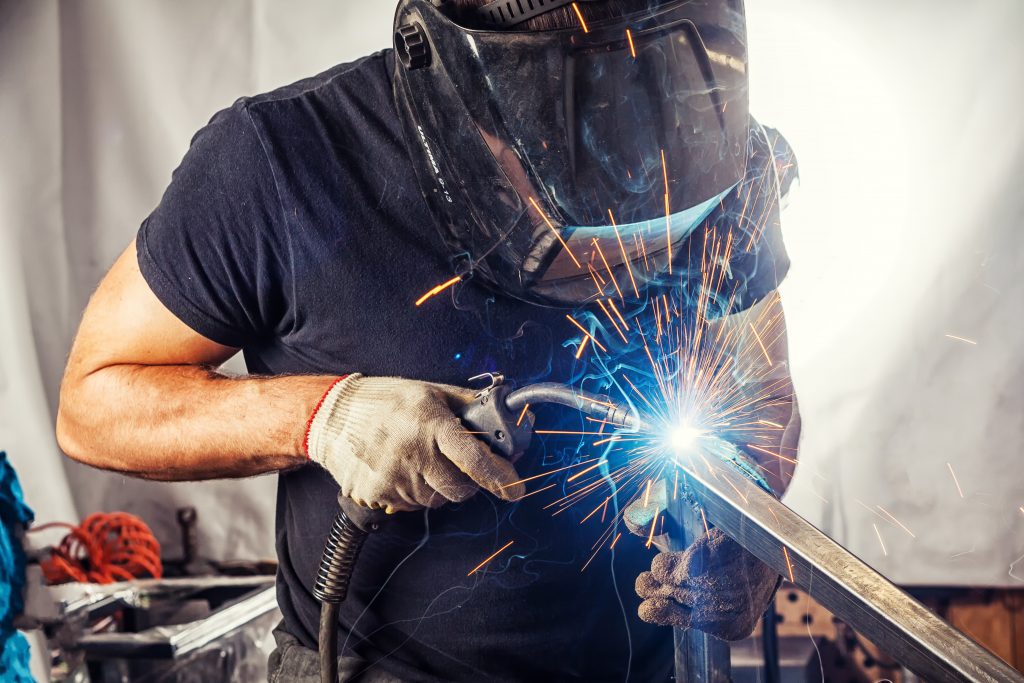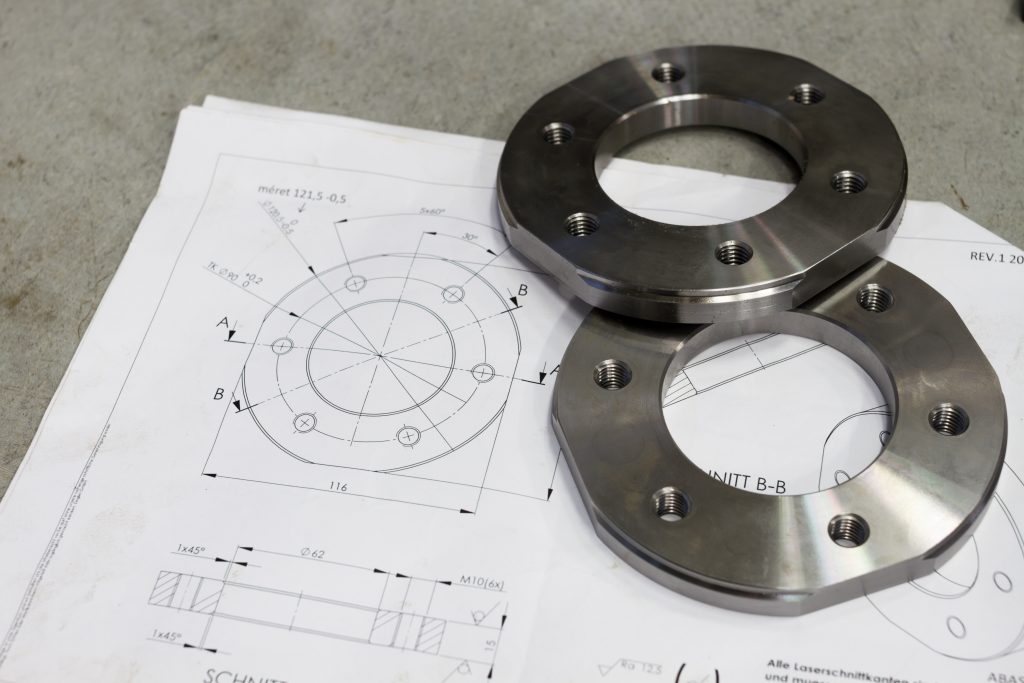Are you thinking of investing in galvanized steel? However, you are unsure about whether it is the best choice? Corrosion is one of the biggest expenses in the construction industry. Investing in metal fabrication that includes galvanization can help to effectively prevent the corrosion of steel. Here are some of the benefits of galvanized steel:
Will Save You a Lot of Money
Steel fabrication involving galvanization is comparatively cheaper than applying protective paints or using stainless steel. In addition, galvanized steel requires little to no maintenance. You will not only save on the initial costs of the project but also in the long run.
Is Environmentally Sustainable
Galvanization involves the application of a zinc coating on the steel. Zinc is a naturally occurring element. It naturally occurs in the soil. The process does not involve the use of solvents and the products can be completely recycled. All these factors make galvanized steel an environmentally friendly option.
Is Tough
The galvanization process increases the strength of the steel. It also makes it more resistant to abrasions, scratches and heat.
Is Long Lasting
The steel will withstand the test of time. Your project will last for a long time to come. Galvanized steel will also retain its glow even after 100 years without succumbing to corrosion.
Requires Little Maintenance
Once you’ve installed the steel you won’t have to worry about maintenance for a long time. You can rest assured that your structure will withstand exposure to the elements even without maintenance.
If you’re looking for high-quality galvanized steel you can rely on the metal fabrication team at Rider Tool Manufacturing Co. For more information, contact us today.



